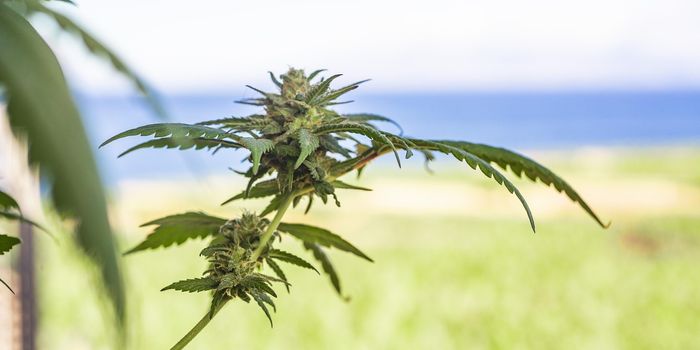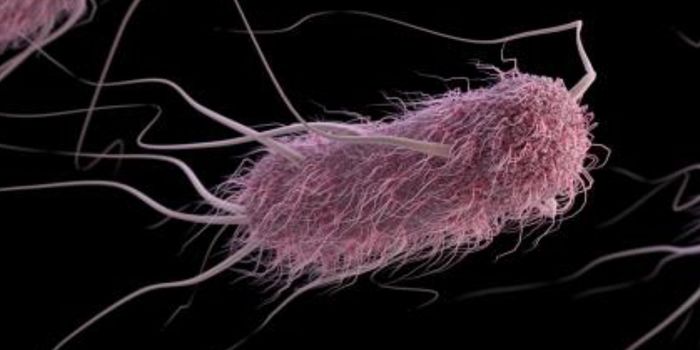Illicit Amphetamine Use Increases Psychosis Risk by 5 Times
The use of illicit amphetamines, commonly known as 'speed' increases the risk of psychosis 5-fold over a ten-year period. The corresponding study has been published in the online journal Evidence-Based Mental Health.
While medical institutions widely acknowledge the link between amphetamines and psychosis, this study set out to examine the relative prevalence of psychotic episodes among users and the success of rehabilitation in decreasing their risk of psychosis.
For the study, the researchers examined data from the Taiwan Illicit Drug Issue Database (TIDID) and the National Health Insurance Research Database (NHIRD) gathered between 2007 and 2016. The TIDID contains anonymized personal information of recorded drug users, including birthdate, sex, arrest records, and deferred prosecution for rehabilitation treatment. Meanwhile, the NHIRD contains anonymized data on the medical conditions of 99% of the Taiwanese population.
The study comprised of 74,601 amphetamine users and 298,404 control subjects who were not amphetamine users. Both groups were matched for age and sex. The mean age of the cohort was 33 years, and 84% were men.
Overall, rates of psychosis were 5.28 times higher in users of illicit amphetamines compared to those who were not users and over six times higher for those with more than five multiple amphetamine-related arrests.
While an average of 77 per 100,000 non-amphetamine users were shown to develop psychosis according to annual cumulative incidence rates, the same was true for 468 per 100,000 amphetamine users.
The researchers further found that users who received psychotherapeutic rehabilitation after arrest had a 26% lower probability of developing psychosis.
Illicit amphetamine users were additionally found to have increased risk of co-morbidities such as anxiety (0.91% vs 0.27%), depression (1.98% vs 0.42%), ischaemic heart disease (1.32% vs 0.78%), cardiovascular disease (0.79% vs 0.45%) and stroke (1.31% vs 0.66%).
The researchers noted some limitations to their findings. They could not confirm the dosage, frequency, amount of use, or severity of dependence among users, as no such data is held by the TIDID. The TIDID and NHIRD also contain no genetic data and lack information regarding ethnicity, obstetric complications, and childhood adversity. The researchers were thus unable to control for these variables.
They wrote that illicit amphetamine use might also have the potential to trigger or exacerbate schizophrenic symptoms, meaning that amphetamine use may induce, rather than a cause, the psychotic symptoms recorded.
The researchers conclude that "psychosis is associated with illicit amphetamine use across all age groups, especially in women and those arrested multiple times", and that "it would be worthwhile to investigate the health benefits and cost-effectiveness of deferred prosecution for drug crime offenders by providing appropriate therapy for drug addiction".
Sources: Evidence-Based Mental Health, EurekAlert!









